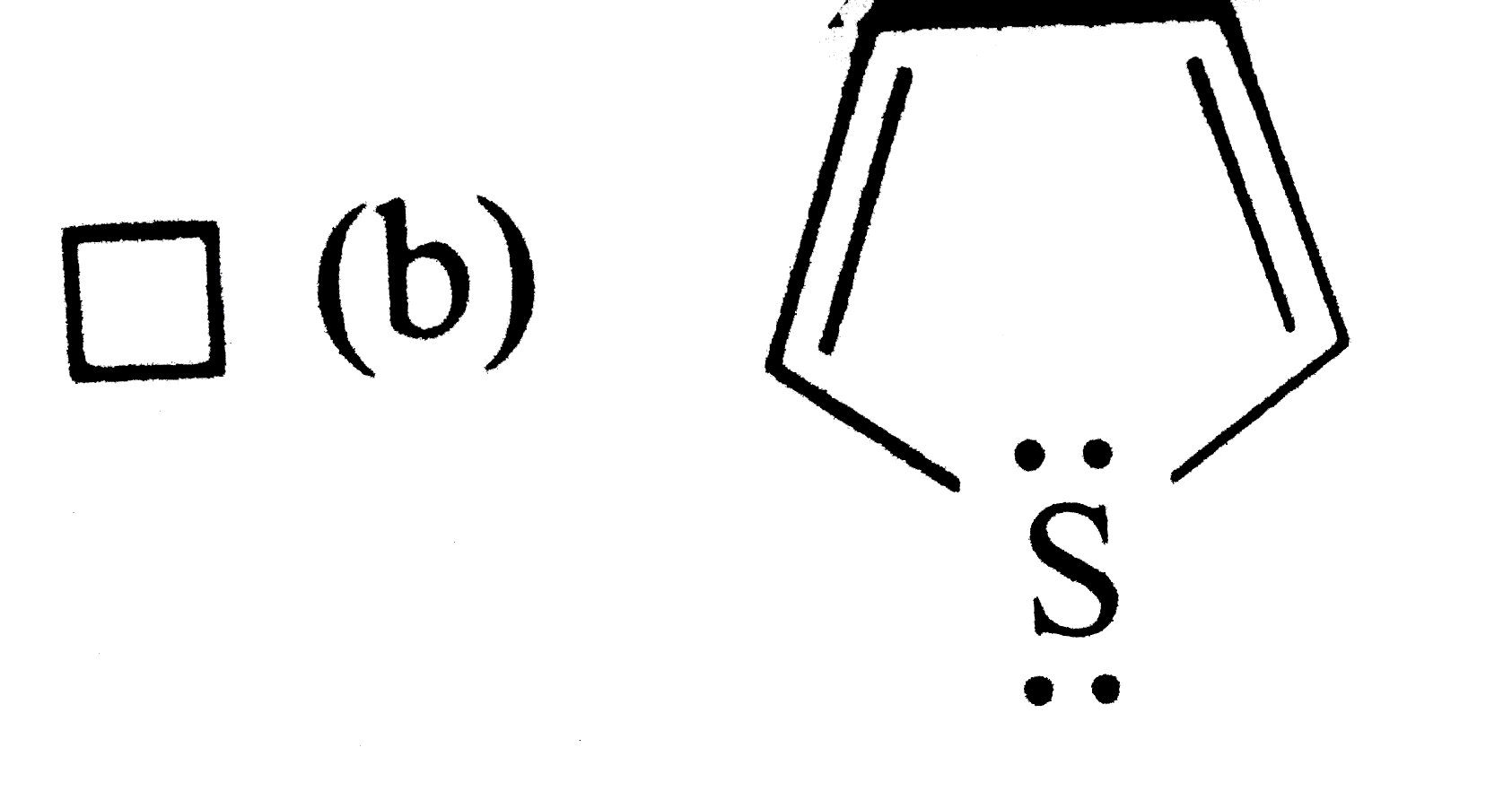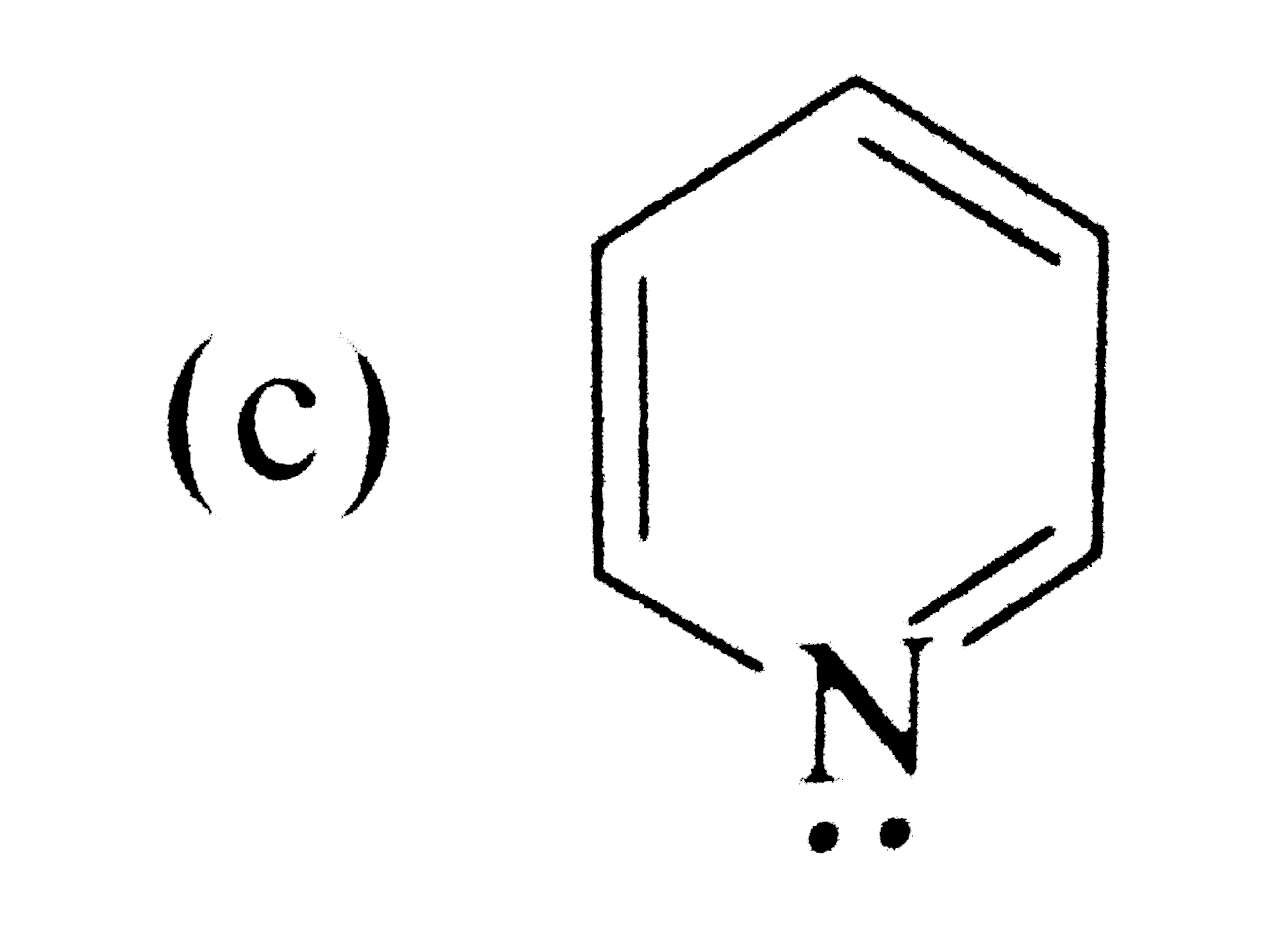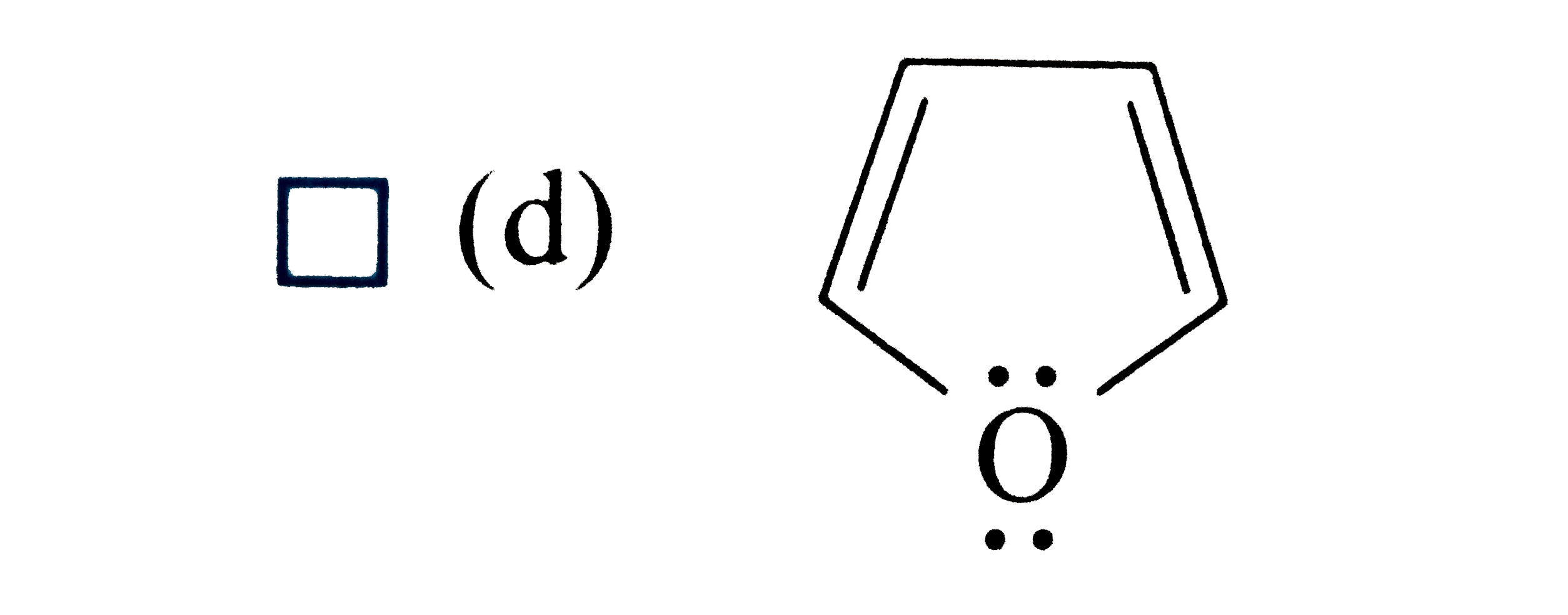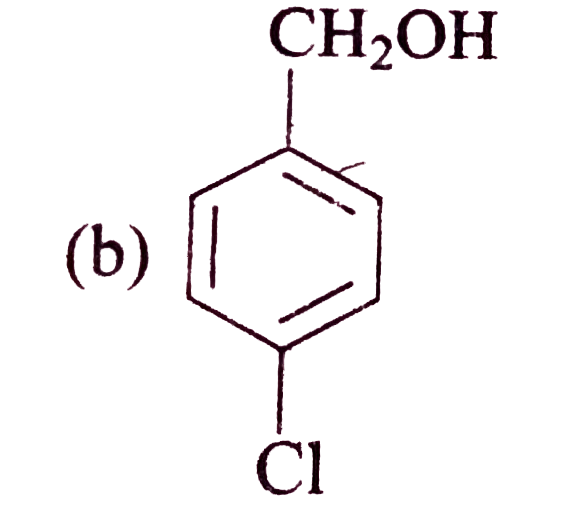Which of the following reacts the fastest in electrophilic aromatic substitution?
A
C6H5−H
B
C6H6D
C
C6H5T
D
All are equally reactive
Video Solution
Text Solution
The correct Answer is:4
Isotope effectg (or rate ratio KHKDorKHKT) is besed on the more rapid breaking of C-H than C-D (or C-T) bond in the rate-controlling step. In most aromatc substitutions, there is an absence of a primary isotope affect, indicating that breaking the C-H bond in not a part of the rate-controlling step. The first step in which E_ bonds to the aromatic ring wighout the cleavage of a C−H bond is rate-controlling. The C-H or C-D or C-T bond is broken in the fast second step that restores the stable aromatic system. Hence, the overall rate is independent of the particular isotopic species used. The absence of isotopic effect also rules out a one step substitution of H by E, i.e., a simultaneous bond-forming and C-H bond breaking mechanism.
|
Topper's Solved these Questions
- AROMATIC HYDROCARBONSBOOK - R SHARMACHAPTER - AROMATIC HYDROCARBONSEXERCISE - Follow up Test 6
17 Videos
- AROMATIC HYDROCARBONSBOOK - R SHARMACHAPTER - AROMATIC HYDROCARBONSEXERCISE - Follow up Test 7
7 Videos
- AROMATIC HYDROCARBONSBOOK - R SHARMACHAPTER - AROMATIC HYDROCARBONSEXERCISE - Follow up Test 4
12 Videos
- ALKYNESBOOK - R SHARMACHAPTER - ALKYNESEXERCISE - Archives
42 Videos
- CHEMICAL BONDINGBOOK - R SHARMACHAPTER - CHEMICAL BONDINGEXERCISE - Archives
73 Videos
Similar Questions
Knowledge Check
Which of the following reactions belong to electrophilic aromatic substitution ?
ABromination of acetanilideBCoupling reaction of aryldiazonium saltsCDiazotisation of anilineDAcylation of anilineWhich of the following compounds gives faster electrophilic aromatic substitution than benzene ?
A B
B C
C D
D
Which of the following reacts fastest with HBr?
A B
B C
C D
D
Which of the following reacts fastest with HBr?
View SolutionWhich of the following reaction belong to electrophilic aromatic substitution
View SolutionFor an electrophilic aromatic substitution reaction
View SolutionWhich of the following is most reactive towards electrophillic aromatic substitution for halogen ?
View SolutionWhich of the following compounds doesn't undergo electrophilic aromatic substitution?
View Solution

